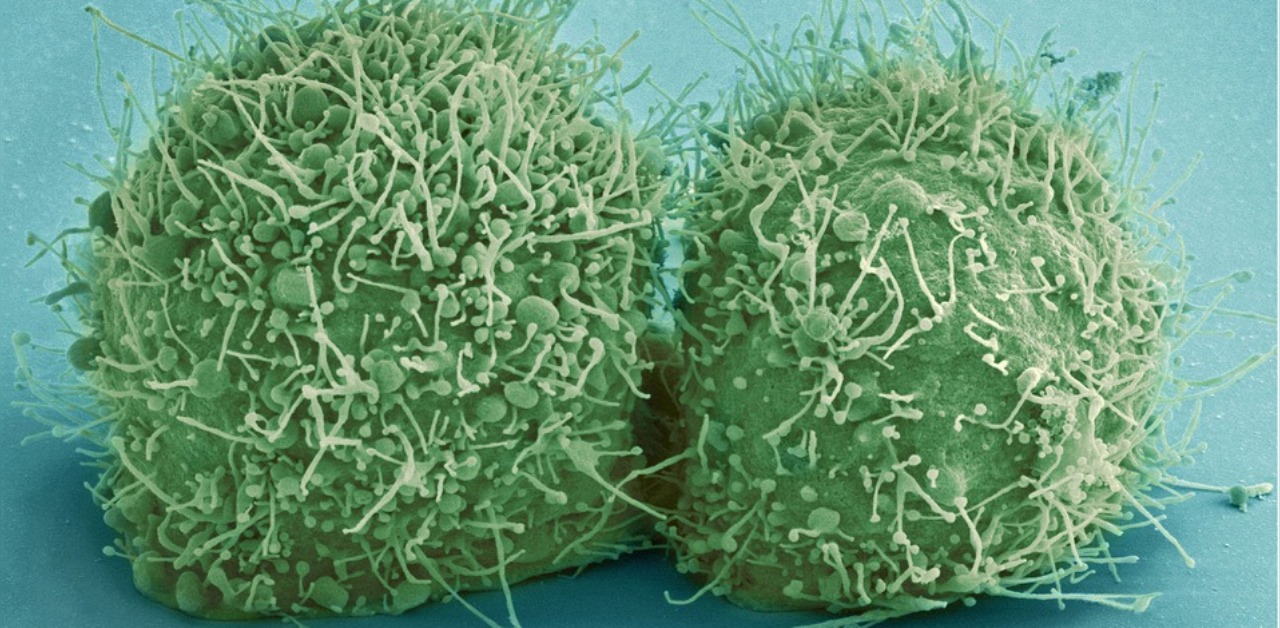Daily Current Affairs / Scientists discovered an organism that hunts and eats viruses

Category : Science and Tech Published on: January 07 2023
12th-century Mandir-style pillar fragments discovered in Hinganghat reflect Hemadpanti architecture and highlight the region’s medieval cultural significance.
Read More....Varanasi sets a Guinness record by planting over 2.5 lakh saplings in one hour using Miyawaki method under Namo Van urban forest project.
Read More....India enters advanced memory manufacturing as Micron’s Sanand ATMP facility begins DRAM and NAND production with $2.7 billion investment.
Read More....US and Israel launch coordinated strikes on Iran, targeting top leadership, escalating tensions in West Asia.
Read More....Oldest known hand stencil dated 67,800 years discovered in Sulawesi cave, highlighting early human symbolic expression.
Read More....Tripura launches its first State Innovation Mission with T-NEST hub, promoting startups, AI policy, and inclusive innovation.
Read More....Mangaluru Airport wins ASQ ‘Best Airport at Arrivals’ award for the second consecutive year.
Read More....NSV Kaundinya completes maiden Oman voyage and returns to Mumbai, highlighting India’s maritime heritage.
Read More....Assam distributes land pattas to over one lakh families under Mission Basundhara 3.0, enhancing legal ownership and governance.
Read More....UAE launches world’s first sovereign financial cloud, SFCSI, offering AI-driven secure digital infrastructure for financial institutions.
Read More....